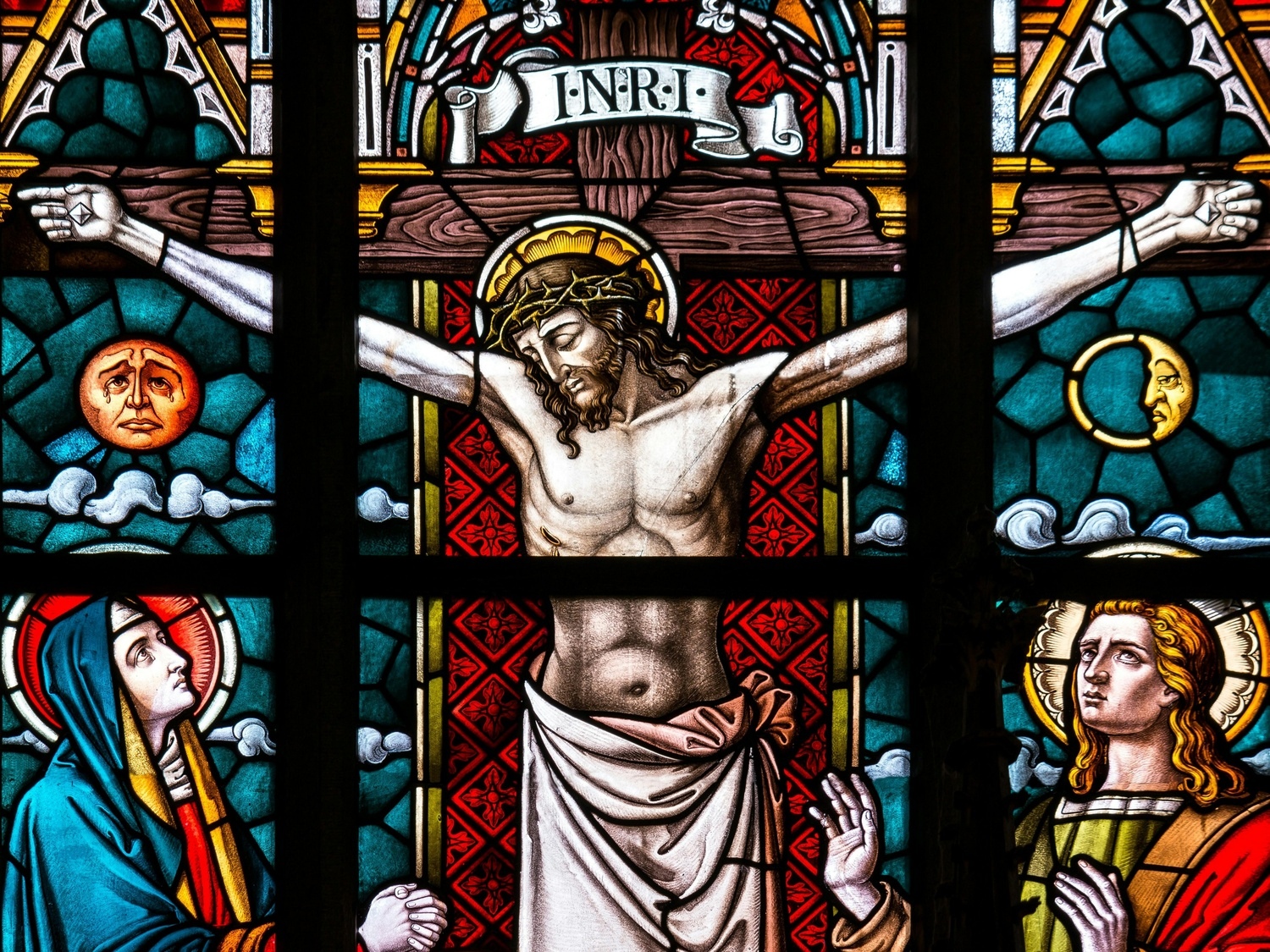Deuteronomy 34 stands as a pivotal chapter in the Torah, encapsulating the profound legacy of Moses, the revered leader, prophet, and lawgiver of Israel. This chapter serves as a spiritual and historical milestone, chronicling the final moments of Moses’ life, his unparalleled relationship with God, and the enduring impact of his leadership. By delving into the rich narrative, theological depth, and symbolic significance of Deuteronomy 34, this article offers a comprehensive exploration of Moses’ legacy, inviting readers to reflect on its timeless spiritual lessons.
The Final Moments of Moses: A Sacred Transition
Deuteronomy 34 opens with Moses ascending Mount Nebo, as instructed by God, to view the Promised Land from afar. This moment is laden with emotional and spiritual weight, as Moses, after decades of leading the Israelites through trials, stands on the cusp of their entry into Canaan—a land he will not enter. The text describes God showing Moses the expanse of the land, from Gilead to Dan, Naphtali to the Mediterranean Sea. This panoramic vision symbolizes both fulfillment and sacrifice, as Moses witnesses the fruition of God’s promise to Abraham, Isaac, and Jacob, yet accepts his role outside its physical realization. The passage underscores Moses’ obedience and humility, qualities that define his spiritual journey and leadership.
The narrative’s vivid imagery, with its detailed description of the land’s boundaries, invites reflection on the tension between divine promise and personal sacrifice. Moses’ acceptance of his fate reflects a deep trust in God’s plan, offering a model for spiritual resilience. This moment, set against the backdrop of Mount Nebo, serves as a poignant reminder of the transient nature of human life and the eternal nature of divine purpose.
Moses’ Unique Relationship with God
Deuteronomy 34:10-12 emphasizes Moses’ unparalleled intimacy with God, stating, “Since then, no prophet has risen in Israel like Moses, whom the Lord knew face to face.” This declaration highlights Moses’ singular role as a mediator between God and Israel. His direct encounters with God, from the burning bush to the giving of the Torah at Sinai, set him apart as a figure of extraordinary faith and divine favor. The text details his miracles, such as the signs performed in Egypt and the wonders in the wilderness, which cemented his authority and God’s presence among the Israelites.
This unique relationship is not merely historical but carries profound theological implications. Moses’ “face-to-face” communion with God signifies a level of spiritual intimacy that invites believers to seek a deeper connection with the divine. His role as a prophet, intercessor, and lawgiver underscores the multifaceted nature of his legacy, blending spiritual insight with practical leadership. The chapter’s focus on Moses’ divine encounters encourages readers to contemplate the qualities of faithfulness, courage, and humility in their own spiritual journeys.
The Legacy of Moses in Israelite History
Moses’ death in Deuteronomy 34 marks the end of an era, yet his influence endures throughout Israelite history and beyond. The text notes that the Israelites mourned him for thirty days, reflecting the depth of their reverence. His legacy is not confined to his lifetime but extends through the Torah, which he delivered to the people. The laws, narratives, and ethical teachings attributed to Moses form the bedrock of Israelite identity, shaping their worship, governance, and moral framework.
The chapter also highlights Joshua’s succession, noting that he was “filled with the spirit of wisdom” because Moses had laid hands on him. This transfer of leadership underscores the continuity of Moses’ vision, as his teachings and example guide future generations. The emphasis on Joshua’s preparation reflects the enduring nature of Moses’ influence, as his spiritual and legal framework equips others to lead with wisdom and fidelity to God’s covenant.
Spiritual Lessons from Moses’ Life and Death
Deuteronomy 34 offers timeless spiritual lessons, rooted in Moses’ example of obedience, humility, and trust in God. His willingness to accept God’s decree, even when it meant forgoing entry into the Promised Land, teaches the value of surrendering personal desires to divine will. His life, marked by trials, triumphs, and unwavering faith, serves as an enduring testament to the power of perseverance in the face of adversity.
The chapter also invites reflection on mortality and legacy. Moses’ death, described with reverence and dignity, reminds readers that true greatness lies not in earthly achievements but in faithfulness to a higher calling. His legacy, preserved in the Torah and the collective memory of Israel, encourages believers to consider the impact of their own lives and the spiritual heritage they leave behind.
Conclusion: A Timeless Spiritual Journey
Deuteronomy 34 encapsulates the legacy of Moses as a spiritual giant whose life continues to inspire across generations. From his final ascent of Mount Nebo to his unmatched communion with God, Moses’ story is a journey of faith, sacrifice, and divine purpose. This chapter, rich in theological depth and historical significance, invites readers to explore the enduring lessons of his leadership and to embark on their own spiritual journeys with courage and humility.







0 Comments